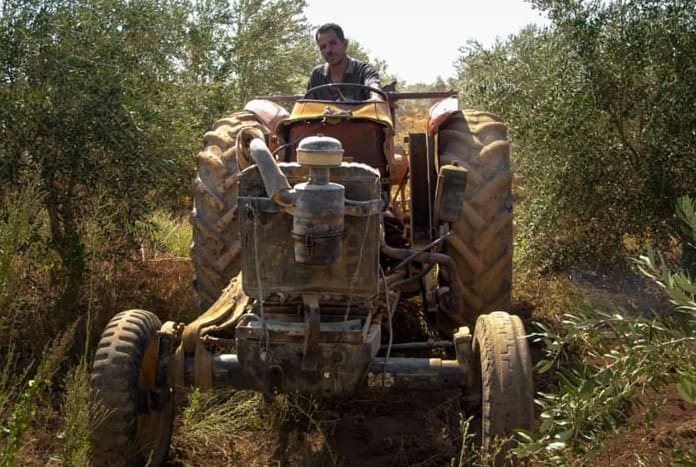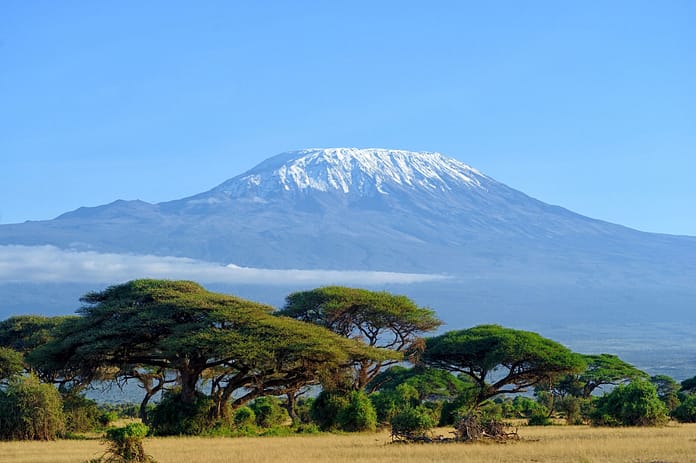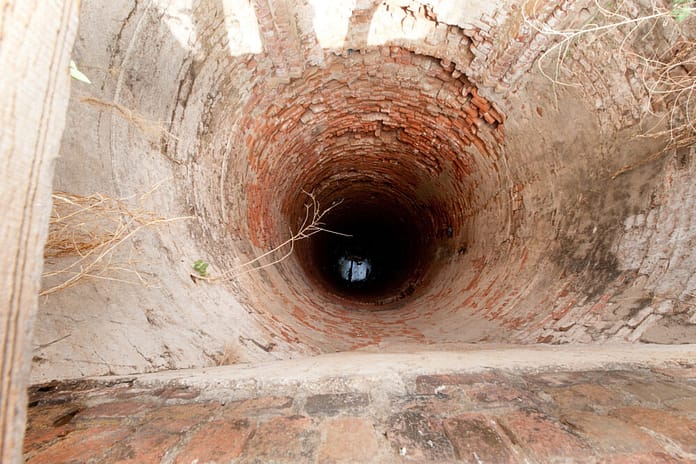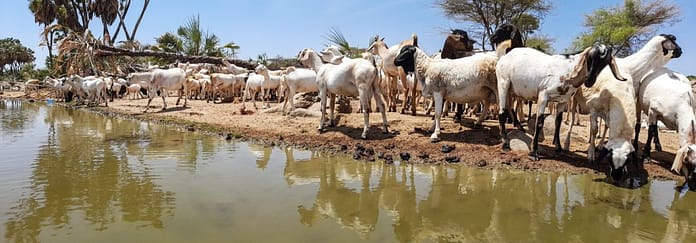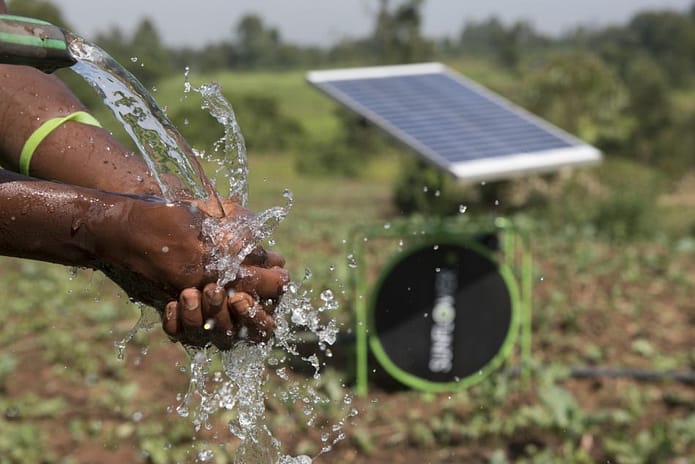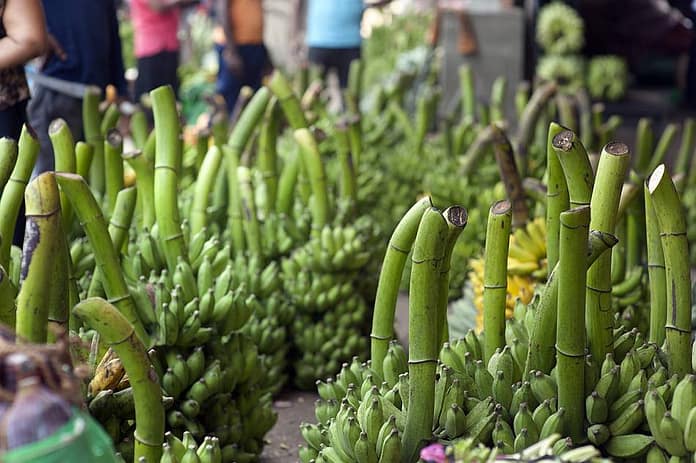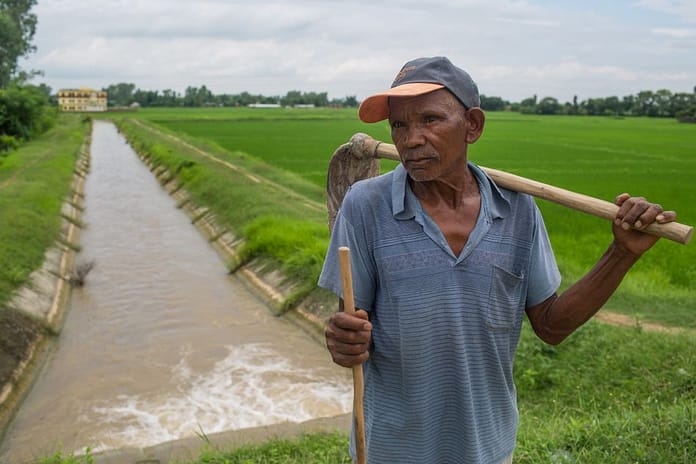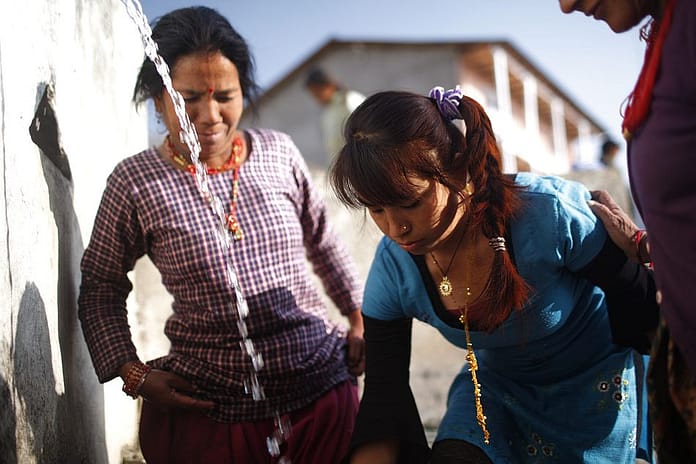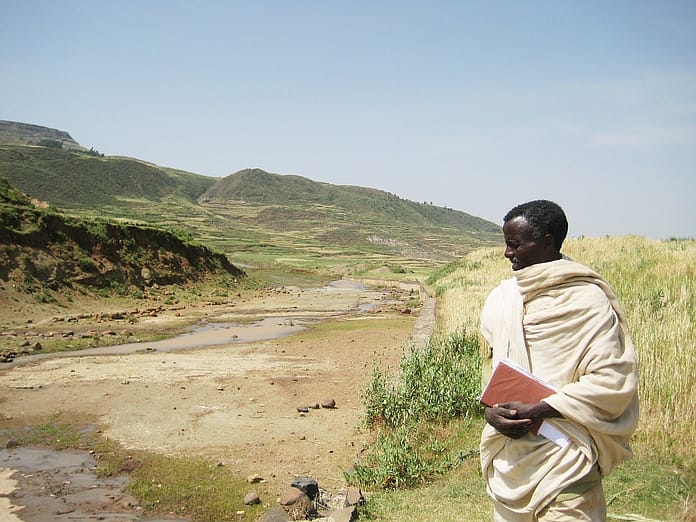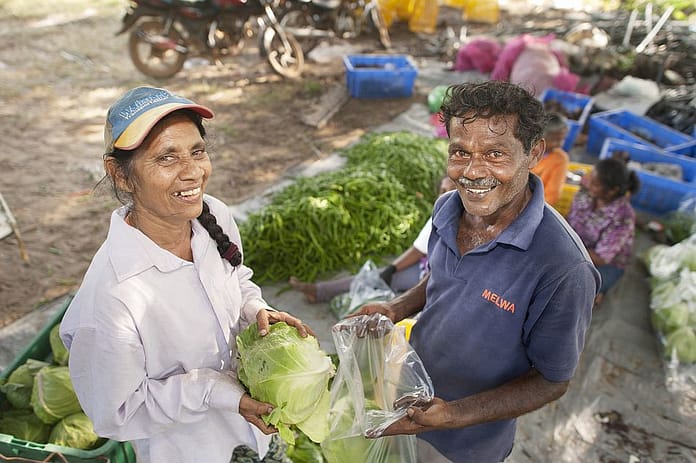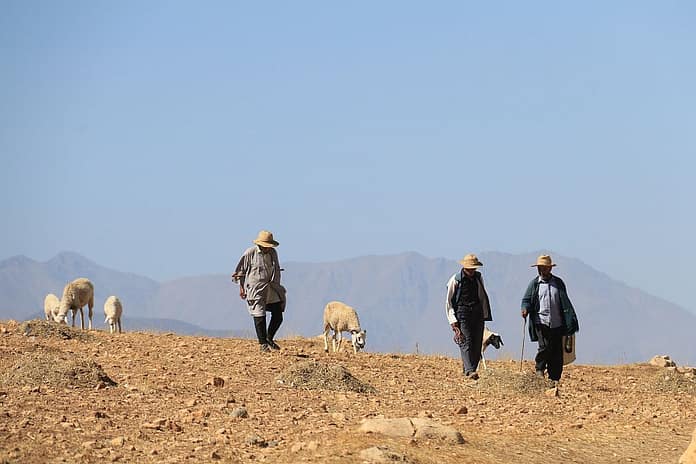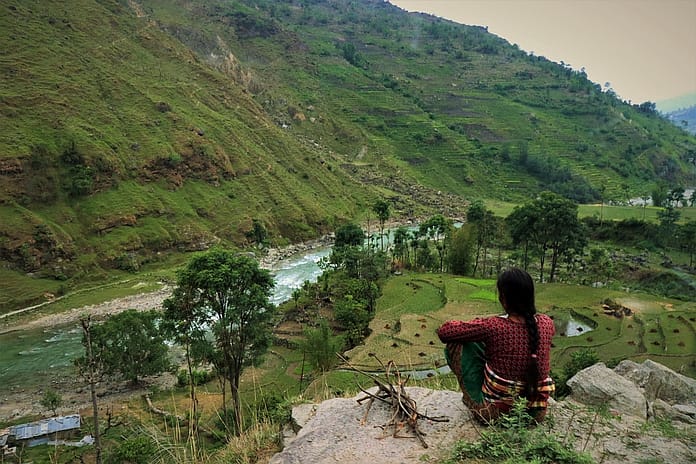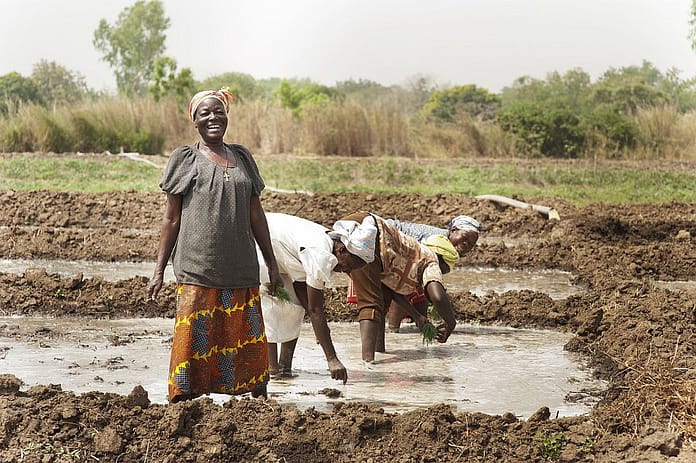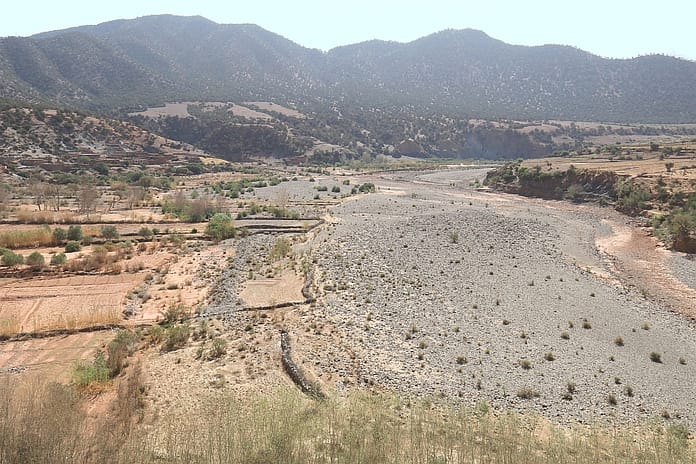Deepa Joshi, Gender, Youth and Inclusion Lead Specialist, IWMI
Alan Nicol, Strategic Program Director – Water, Growth and Inclusion, IWMI
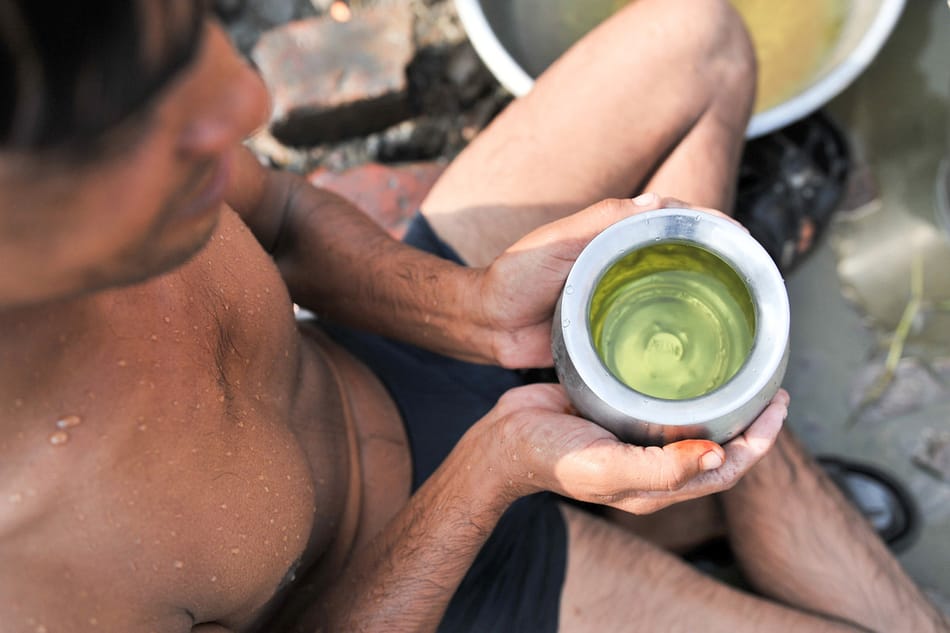
Since the COVID-19 crisis escalated, we have been reminded daily that one of the most important precautionary measures we can take to avoid infection – and spreading the virus – is washing our hands.
I am sure most of those reading are adhering to this advice. However, we must think of those without access to affordable and safe water. For millions of marginalized, highly vulnerable people, the current situation is personally perilous but, more importantly perhaps, highlights the public health risk for a whole society desperately trying to contain the virus.
In India’s western state, Maharashtra, which has to date recorded the highest number of COVID-19 cases in that country, and which also houses huge numbers of low-income slum settlements, there is almost no water – and certainly not enough to wash hands more frequently – for the most marginalized.
India’s leading paper, the Indian Express, published an article that highlights how many are not in a position to practice the protective measures against COVID-19 that are advised by the World Health Organization (WHO). The article focuses on a family of five living in a 3 × 3 meter room in Janata Nagar, at the farthest edge of Mandala, a slum of about 4,000 shanties. “Wash our hands frequently?” the mother of three young children says. “Sometimes I have to skip bathing to save water for cooking.”
These are the terrible trade-offs and dilemmas facing some 748 million people worldwide who live without basic access to clean water.
On this World Water Day 2020, the crushing global failure to provide this basic service to so many is in ever-sharper relief. There are enormous global public health consequences, if we do not address equitable access to this vital resource. The poorest and most marginalized should not have to make do with unsafe, inadequate water supplies, for which they pay disproportionately more than those with access to safe, official and/or private supplies, including those in the Global North.
For all of us that can wash our hands whenever we want to, this comes as a strong reminder not only that we are immensely privileged but also that the increased demand for domestic water may have trade-offs both ‘downstream’ (in wastewater production) and upstream (in competing demands for supplies from agriculture and other sectors). Supporting the growing proportion of the poorest and most vulnerable now living in cities, like those featured in the article in the Indian Express, will require policy responses that address a more ‘inclusive and holistic water security’ spanning rural and urban geographies, food and nutrition securities, and within what are often quite ‘ungoverned’ spaces.
These are very complex policy issues, but the cost of not addressing them will increase in the future — and surely, we do not want or need another global pandemic to remind us. At the International Water Management Institute (IWMI), this reminds us that inclusion is fundamental to water and food security, and to the health and well-being of all.


